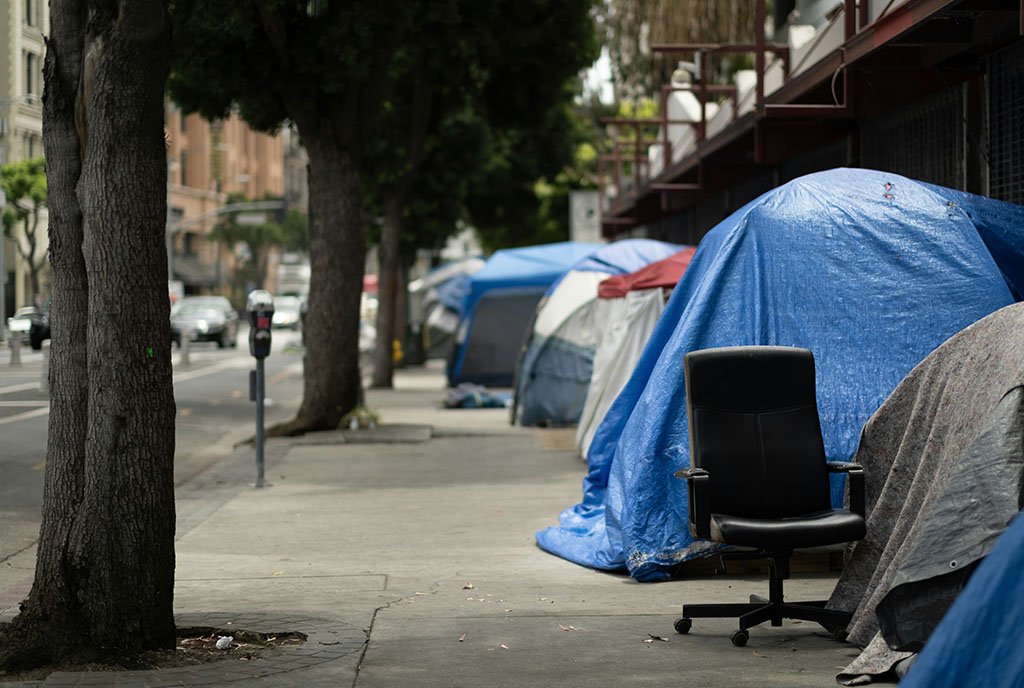
A recent study published in the American Educational Research Journal found that Black students are less likely to be unnecessarily placed in special education classes when they are taught by Black teachers. The study, “Teacher-Student Race Match and Identification for Discretionary Education Services,” found that the results were strongest for Black boys, particularly those who are economically disadvantaged. The study also aimed to see if there was a correlation between Black teachers and gifted placement for Black students but did not find one.
The study utilized North Carolina administrative data from the 2007–2008 to 2012–2013 school years. It focused mainly on elementary school students because students are typically referred to special education or gifted placement during the early grades. The authors—Cassandra Hart, a professor of education at the University of California, Davis; and Constance Lindsay, an assistant professor of educational leadership at the University of North Carolina at Chapel Hill—based their study on North Carolina because, during the years it took place, the state had a large share of Black students and Black teachers to offer the variation in access to Black teachers needed to answer the research questions adequately.
According to the study, Black boys were 1.7 percentage points less likely to be identified with a disability if they were matched to a Black teacher.
As the study notes, students having same-race teachers in the early grades is associated with a decrease in the rate of high school dropout and an increase in college matriculation rates for Black students. Yet, Black students are far less likely to be taught by race-congruent teachers. Whereas about 15 percent of students nationwide are Black, only about 7 percent of teachers are.
The Benefits of Same-Race Teachers
The study acknowledges that, in some cases, Black students may be under-identified for certain disability categories when predictors like test scores or economic and health indicators are considered. But when the disability assignment relies on teacher or administrator discretion rather than a medical practitioner’s judgment they are often misclassified.
According to the study, Black boys were 1.7 percentage points less likely to be identified with a disability if they were matched to a Black teacher. Additionally, economically disadvantaged Black boys who had not been previously identified with disabilities and were matched to Black teachers had roughly a 2 percentage point reduction in being identified with learning disabilities compared to their peers matched to non-Black teachers.
“The ways that people were seeking to reform teacher prep and think about teacher evaluation were going to have a harmful effect on Black teachers in particular.”
The report’s authors previously collaborated on other similar research. In 2017, they conducted a study that found evidence that exposure to same-race teachers is associated with reduced rates of exclusionary discipline for Black students. In 2022, they were part of a group that researched the long-run impact of being matched to Black teachers.
In an interview with NPQ, Lindsay said that her interest in research on teacher diversity stems from her policy work. In addition to previously working at the Urban Institute, she worked on teacher evaluation issues in public schools in Washington, DC, and teacher preparation for the Delaware Department of Education.
“Through that work, it became obvious to me that the ways that people were seeking to reform teacher prep and think about teacher evaluation were going to have a harmful effect on Black teachers in particular,” she said.
Sign up for our free newsletters
Subscribe to NPQ's newsletters to have our top stories delivered directly to your inbox.
By signing up, you agree to our privacy policy and terms of use, and to receive messages from NPQ and our partners.
Lindsay notes that she expected a stronger correlation between Black teachers and Black students being identified as academically gifted. She also says that what stood out to her is how much of the data is driven by the impact on Black boys—in other words, Black boys are more likely to be impacted by having a Black teacher than Black girls. Lindsay believes that the study can have implications for how special education teachers are trained and how we think about disabilities and disparities. She wants students to receive disability services if needed but not to be unnecessarily assigned.
As a quantitative researcher, Lindsay hopes that others who work more directly in the classroom can draw connections to the research to further understand what is happening there.
Centering Black Culture in Education
As a former science teacher, William Jackson understands firsthand why Black teachers are important. Jackson is the founder of Village of Wisdom, a Durham-based organization that seeks to incorporate Black parents into the creation of their children’s school curriculum. The organization has also directly worked to train teachers to cultivate more culturally affirming learning environments. Additionally, many of the parents who worked to create a culturally affirming toolkit for teachers to use in their classrooms are homeschool teachers themselves.
“Black teachers are more likely to see Black culture as valuable.”
Jackson wrote his PhD dissertation about how Black parents talk to Black kids about race early on. He notes that the more Black children are racially affirmed earlier on, the more resilient they are against racist experiences. For Black students, Black teachers often help offer that affirmation.
As he notes, the learning process is all about connecting prior knowledge to new information. For many students, prior knowledge often stems from their culture. Black teachers, because they are familiar with Black culture, are often able to help Black students make stronger connections to new information because they are more aware of the prior knowledge that the young people possess.
“That’s why I say you can also have good White teachers of Black kids if those teachers care enough to learn the kids’ culture,” Jackson said.
But too often, in a racialized culture, Black culture is undervalued. For instance, those who choose to use African American Vernacular English (AAVE) often face bias that impacts their education, employment, and social mobility. A White teacher might assume students have trouble learning when they simply learn differently.
That is why Black teachers are important, particularly at a young age. “Black teachers are more likely to see Black culture as valuable, which I think ends up translating to this whole idea of connecting prior knowledge to new information,” Jackson said.












